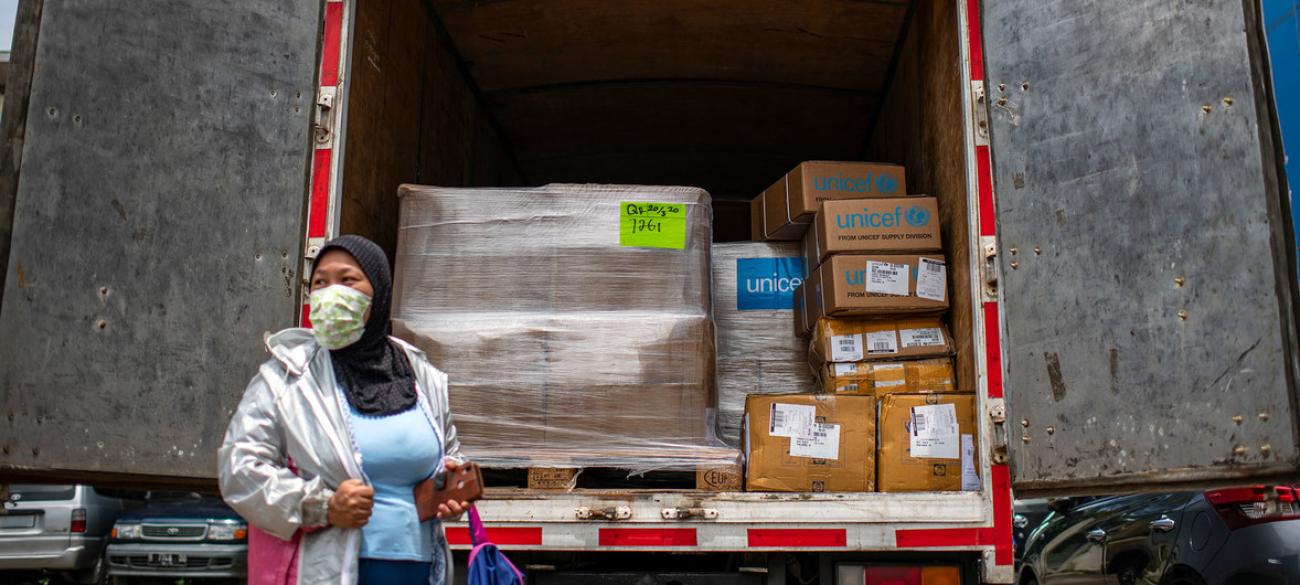The heads of major UN humanitarian agencies have launched an urgent appeal for $350 million to support global aid hubs during the COVID-19 pandemic.
The heads of major UN humanitarian agencies and offices have launched an urgent appeal for $350 million to support global aid hubs to help those most at risk during the COVID-19 pandemic.
In an open letter that appeared on April 19 in The Guardian (UK), the heads of UN agencies, including among others, the World Health Organization (WHO) and the World Food Programme (WFP), along with the Office for Coordination of Humanitarian Affair (OCHA), said cancelled flights and disrupted supply routes have prompted the appeal to enable a rapid scale-up of staff and supplies to places hardest hit by the virus.
The letter painted a picture of the coronavirus as the “most daunting challenge facing humanity since the second world war”, pointing out that it “knows no borders, spares no country or continent, and strikes indiscriminately”.
"To get more deliveries off the ground, the UN World Food Programme (WFP) is setting up the vital logistics backbone that will help save lives and help halt the spread of the virus. WFP now urgently needs additional funding to establish the necessary transport hubs, charter vessels and provide aircraft for cargo, health workers and other essential staff" said the letter.
"All elements of the Global Humanitarian Response Plan are crucial and need continued funding, but without these logistics common services, the global response could stutter to a halt. Now is not the time to slow down. No one is safe until everyone is safe" underscored the letter.
"We, humanitarian organizations from across the world, therefore, call upon you to urgently support this global emergency supply system with an initial $350 million to enable a rapid scale-up of logistics common services."
The scale-up of the COVID-19 services includes:
- Establishing, equipping and managing international consolidation hubs and regional staging areas.
- Air and shipping cargo services.
- Passenger air services, with the necessary measures to avoid further spreading of the virus.
- Medical evacuation services for front-line workers.
- Infrastructure and construction of treatment centres.
- Real-time remote data collection.
- Critical investments required to safely deliver operations and services.

















